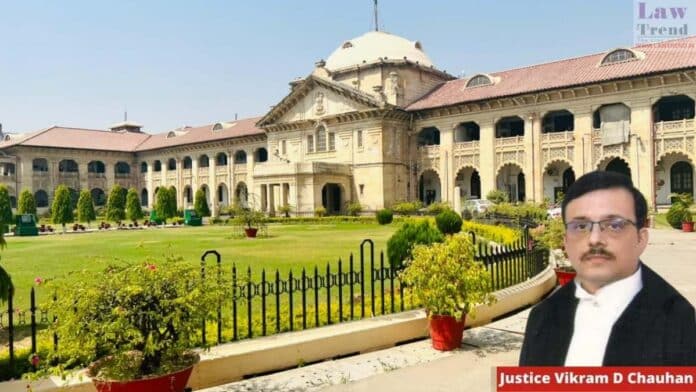In a recent judgment, the Allahabad High Court, underlining the importance of strict adherence to procedural rules, dismissed the anticipatory bail application of Manish Kumar, the Chief Cashier of a bank implicated in a significant embezzlement case. The court made a crucial observation that counsel can only argue facts that are specifically pleaded in the
To Read More Please Subscribe to VIP Membership for Unlimited Access to All the Articles, Download Available Copies of Judgments/Order, Acess to Central/State Bare Acts, Advertisement Free Content, Access to More than 4000 Legal Drafts( Readymade Editable Formats of Suits, Petitions, Writs, Legal Notices, Divorce Petitions, 138 Notices, Bail Applications etc.) in Hindi and English.




